BGH of January 24, 2025: Crossing construction obligation does not constitute a right of way under civil law
Today I present a decision of the BGH from January 24, 2025 (case reference: V ZR 51/24).
The Court of Justice has ruled that a crossing easement does not constitute a right of way under civil law. The facts of the case were as they often are: neighbors were in dispute with each other. The plaintiff's property had been created by a division of land and had a courtyard and two garages. The access was via a path over the defendant's property; the defendant's property was subject to a driveway easement to grant access. The plaintiff unsuccessfully demanded that the path be repaired. The BGH rejected this claim from two possible points of view: a) Firstly, the building obligation does not grant a right of use under civil law. This is often misunderstood, but is unanimous case law, so the BGH dealt with this briefly; b) on the other hand, there was also no entitlement to a right of emergency access in accordance with Section 917 BGB. The plaintiff's property had a connection to a public path; however, the garages could not be accessed via this. The desire for greater convenience is not sufficient for a claim to a right of emergency access.
The decision is factually correct and hardly surprising. There is actually a lot to be said for abolishing building encumbrances altogether and securing all these issues via easements, as is the case in Bavaria. The type and scope of a right of use would then be evident from the land register. Apart from the disappointment of misguided expectations, other questions (corresponding applicability of the right of reservation to building encumbrances, scope of action of an authorized signatory pursuant to Section 49 (2) HGB) would not arise in this way or would be clearly answered. Information on the encumbrance status would be obtained immediately by automated land register retrieval and not only after several weeks, as unfortunately sometimes happens. However, a change in the legal situation is not foreseeable. Caution is therefore still required with building encumbrances.
Notary Dr. Stefan Heinze, Cologne




